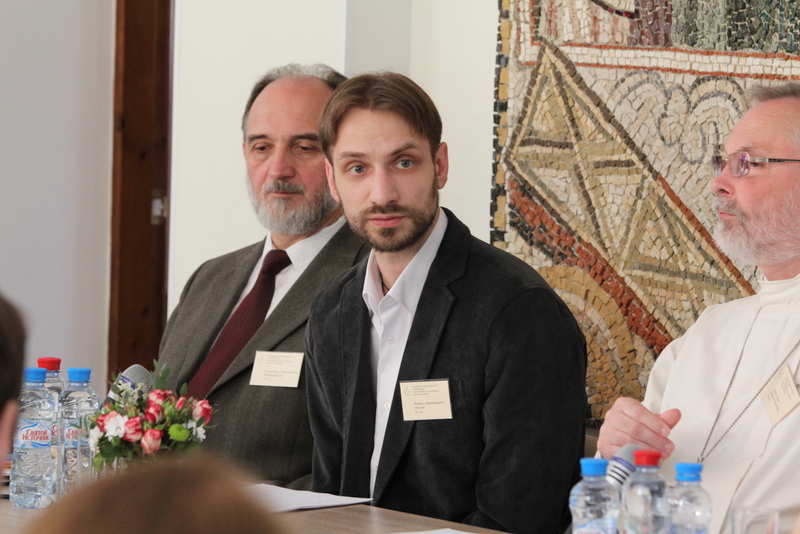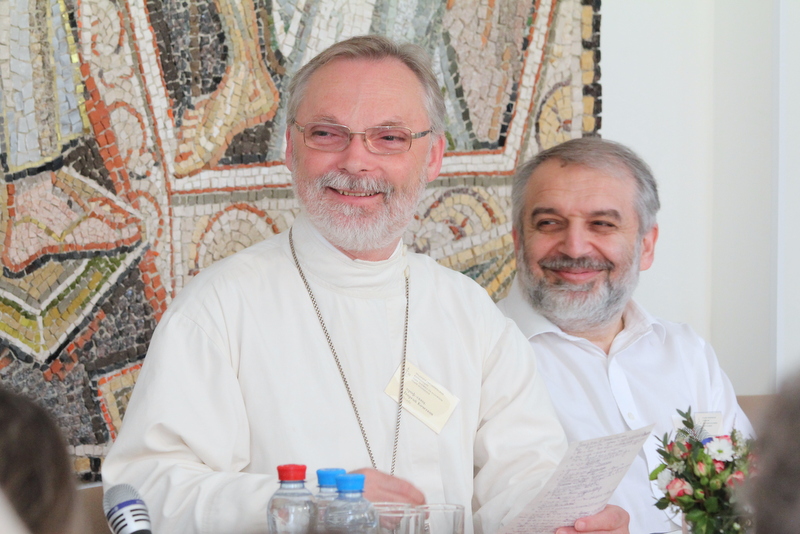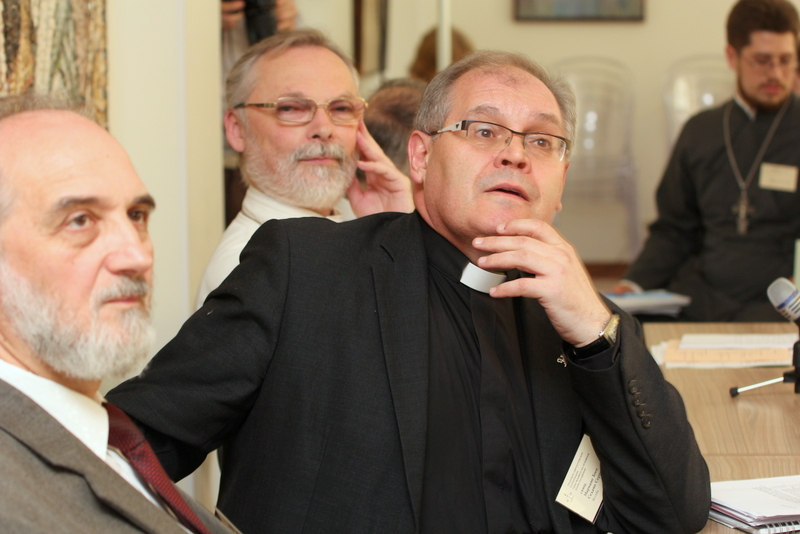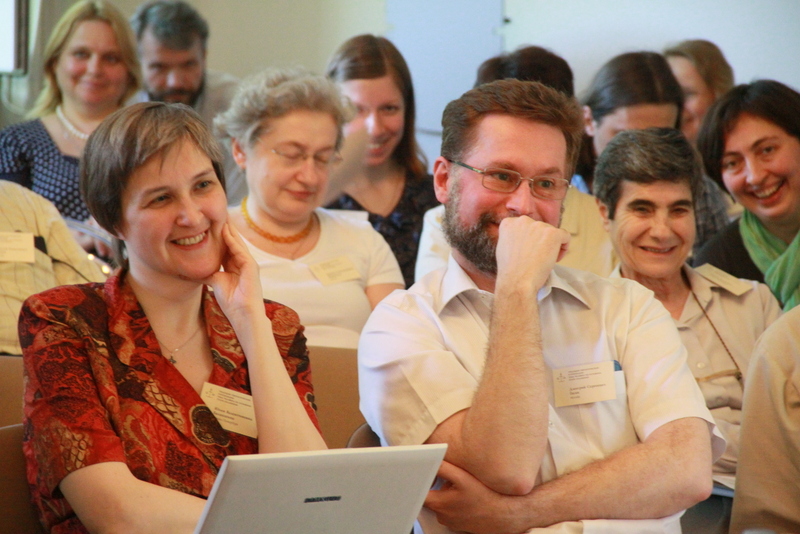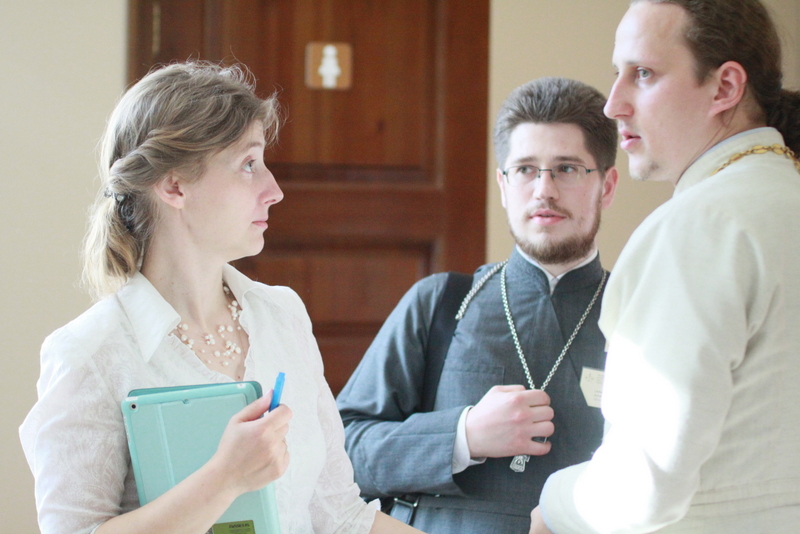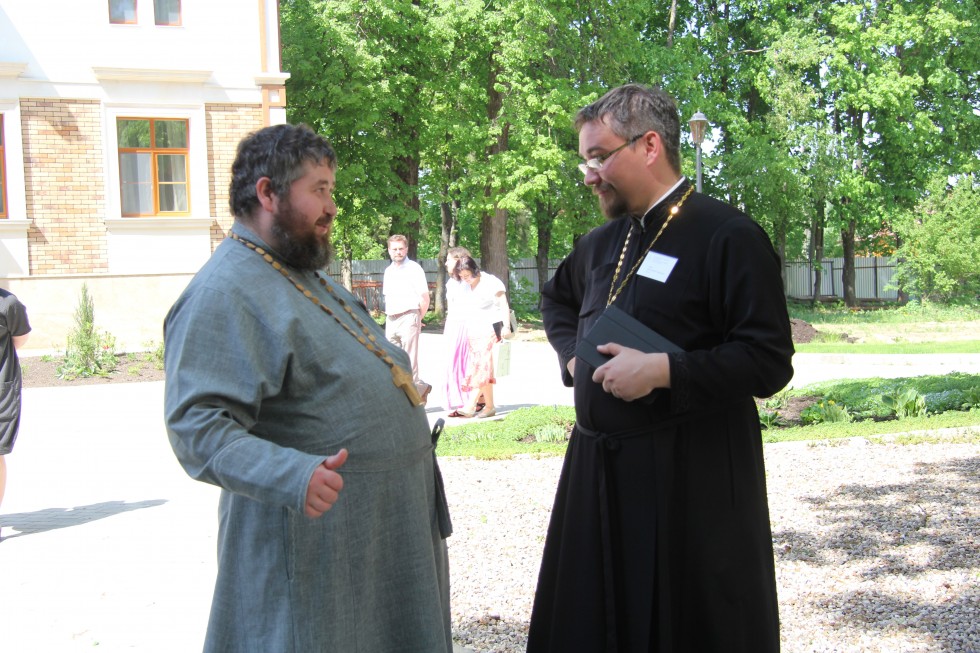St Philaret’s Christian Orthodox Institute Held Its Annual Theological Conference on Catechesis in Moscow
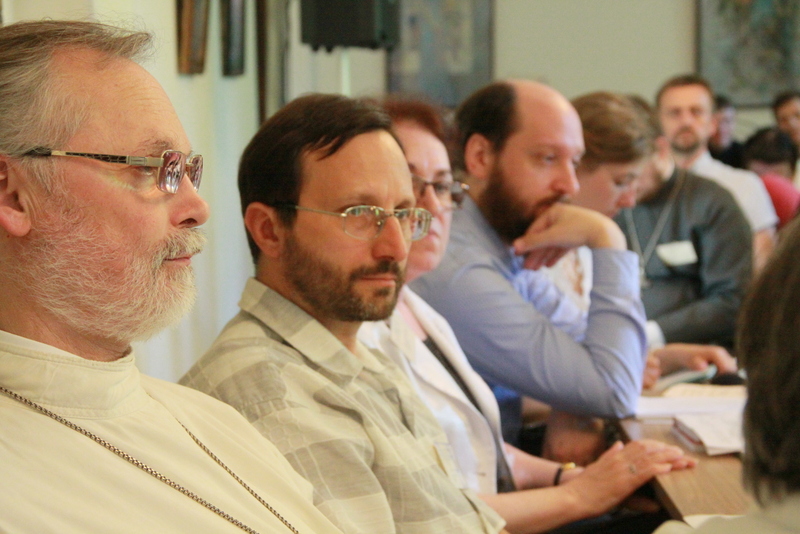
‘Now the issue of man draws interest of everybody who is involved in catechesis, i.e. helping people in entering the Church or strengthening their personal dimension of faith’, said Priest Georgy Kochetkov, Rector of St Philaret’s Institute, at the opening of the plenary session.
A modern person is split within himself: his thoughts, words, life do not converge. Anthropology is not just one of the themes of Christian doctrine that is taught at the main stage of catechesis, but also a key dimension of catechism itself.
‘The most critical anthropological turn that might happen to a person takes place during catechism,’ Father Georgy mentioned. On the main stage of catechesis, it is still common for catechumens to experience internal conflict: they don't place all their trust in God to guide them. ‘They will readily find contradictions in The Holy Scriptures, accuse God of cruelty and regard commandments not as laws or rules but as some good advice: "If it is profitable to me, I will fulfil them, if not, then I will not". But despite all this catechumens begin to feel a need for communication and mutual support, and sometimes they go further and start thinking about helping people outside their immediate circle of friends,’ added Father Georgy.
There is no dogma about man in the Church, there is only a dogma of incarnation, of fullness of Christ’s humanity. At the same time, a certain teaching of man as an image and likeness of God is expressed in both the Biblical and the Holy Fathers' tradition. In the catechetical tradition it was St Augustine who pointed it out: why does a person struggle to do, what he knows he ought to do in his heart? Why does not man's will obey his mind and his conscience?
The anthropological aspect is revealed in the spiritual path of both catechumens and catechists. It is the catechist's duty to impart not only the teaching, but also the practice of "recalling" the of creation of man according to the image of God as a constant reminder of what we lost through the Fall, thus becoming sharers in the path which leads to salvation, as God calls us to. Therewith, a catechist has to believe that this image is already present in person.
Papers at the plenary session were presented by Kirill Mozgov, lecturer at St Philaret’s Institute, Priest Mariano José Sedano Sierra, lecturer at St Petersburg Higher Catholic Seminary to Mary Queen of the Apostles, David Gzgzyan, Professor of St Philaret’s Institute, and Oxana Ivanova, SFI graduate. These were succeded by seminars on the issues of creation and evolution, bioethics and origin of man in the context of the main stage of catechesis.
The conference continued its work until 21 May.
